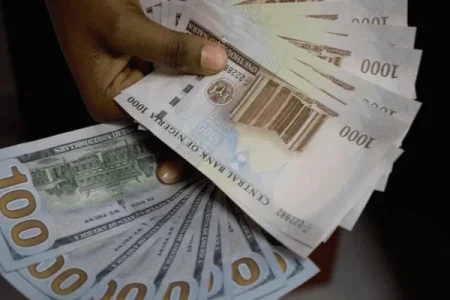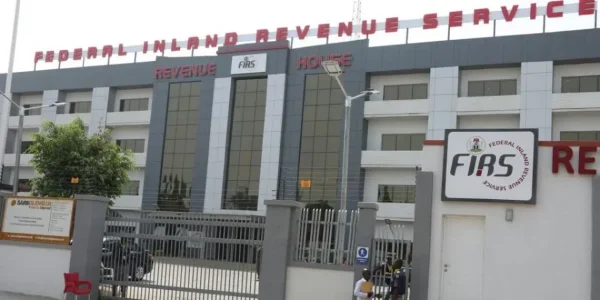
The Nigerian naira has appreciated following Eurobond sales and the introduction of the Electronic Foreign Exchange Matching System (EFEMS), reaching N1,608/$1. Analysts predict continued strength into early 2025, bolstered by foreign portfolio investments, high treasury bill yields, and increased transparency in the FX market.
The Nigerian naira has experienced consistent appreciation following the successful Eurobond sales and the introduction of the Electronic Foreign Exchange Matching System (EFEMS) on Monday. The naira strengthened to N1,608/$1 at the Nigerian Foreign Exchange Market (NFEM) on Wednesday, up from N1,625/$1 on Tuesday and N1,660/$1 on Monday, as reported by the Central Bank of Nigeria (CBN).
Analysts have suggested that this positive trend could continue into early 2025, driven by increased foreign exchange liquidity and market transparency brought about by EFEMS. This new system, launched by the CBN, automatically matches buy and sell orders in the FX market, promoting fairness, reducing speculation, and enhancing liquidity. Financial experts have expressed optimism about the platform’s role in addressing challenges that have long impacted the naira and Nigeria’s FX reserves.
A source familiar with the matter indicated that the gains are rooted in the newfound transparency in the FX market, which has boosted confidence. The EFEMS system, which allows commercial banks and authorized dealers to place real-time buy and sell orders, is expected to lead to greater market efficiency.
Meanwhile, foreign portfolio investors (FPIs) have been increasingly active in the FX market, with many seeing attractive returns from the high yields on Nigeria’s treasury bills. The continued influx of dollars from these investments is anticipated to support the naira’s appreciation.
As the country’s foreign reserves are bolstered by Eurobond sales, with an oversubscription of $9.1 billion, analysts predict that the naira’s positive trajectory could extend into 2025, provided the EFEMS platform continues to operate efficiently and foreign capital remains steady.




